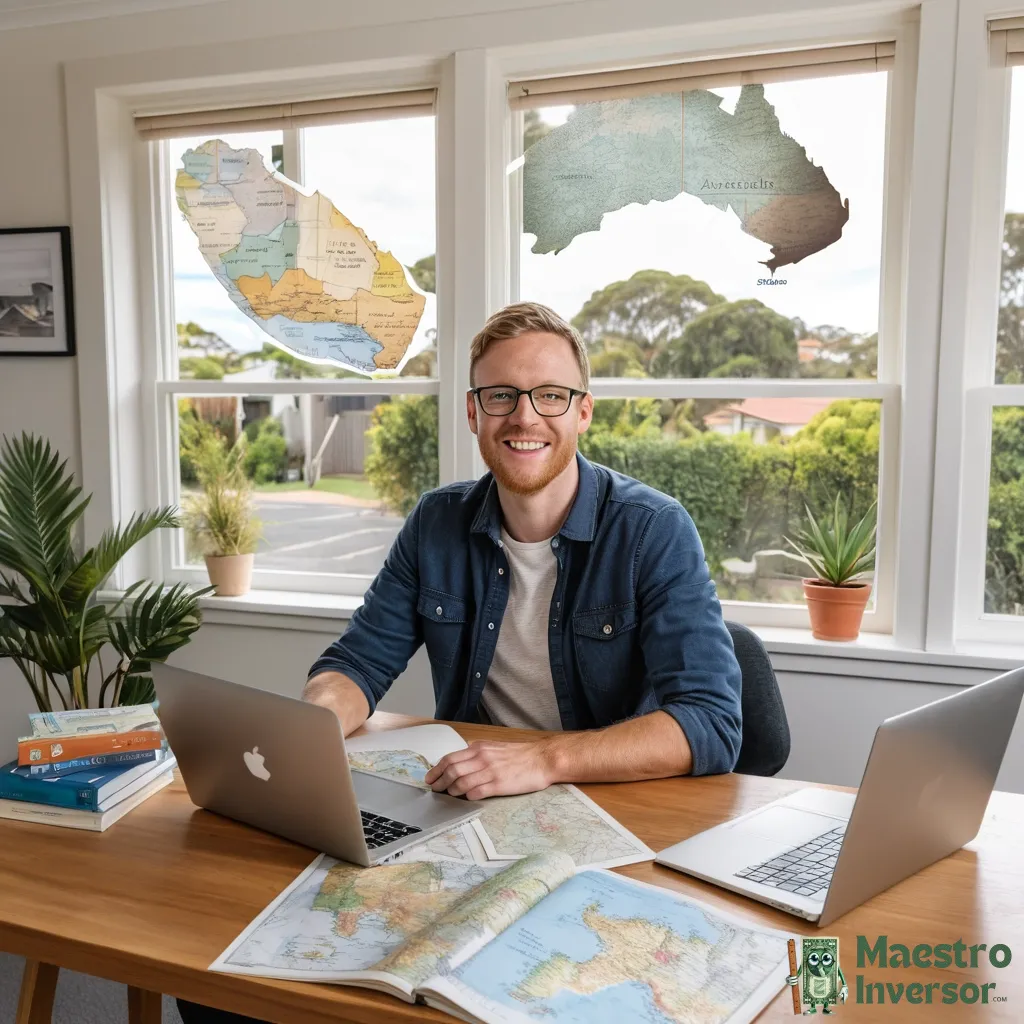
Starting a small business from the comfort of your own home in Australia can be a daunting task, but with the right guidance, it can also be a highly rewarding experience. With the rise of the digital age, it’s now easier than ever to turn your passion into a successful business. Whether you’re looking to supplement your income, pursue your passion, or create a full-time career, starting a small business at home can be a great way to achieve your goals. In this article, we’ll take a look at the steps you need to take to get started, as well as some essential tips and tricks to help you succeed.
Research and Planning
Before you start your small business, it’s essential to do your research and create a solid business plan. This will help you to identify your target market, understand your competition, and determine the feasibility of your business idea. You’ll also need to consider the financial aspects of your business, including startup costs, ongoing expenses, and potential revenue streams. Some key things to consider when researching and planning your business include:
- Defining your business mission and vision
- Conducting market research and analyzing your competition
- Creating a business plan and setting clear goals and objectives
- Determining your startup costs and creating a budget
- Identifying potential risks and developing strategies to mitigate them
Choosing a Business Structure
One of the most important decisions you’ll make when starting your small business is choosing the right business structure. In Australia, you have several options to choose from, including sole trader, partnership, company, and trust. Each structure has its own advantages and disadvantages, and the right choice for you will depend on your individual circumstances and business goals. Some key things to consider when choosing a business structure include:
- Tax implications and potential tax savings
- Level of personal liability and asset protection
- Complexity of setup and ongoing administration
- Cost of setup and ongoing fees
- Ability to raise capital and attract investors
Registering Your Business
Once you’ve chosen your business structure and created a business plan, it’s time to register your business. In Australia, you’ll need to register your business with the Australian Securities and Investments Commission (ASIC) and obtain an Australian Business Number (ABN). You may also need to register for Goods and Services Tax (GST) and Pay As You Go (PAYG) withholding tax. Some key things to consider when registering your business include:
- Choosing a unique and memorable business name
- Registering your business for the right taxes and licenses
- Obtaining any necessary permits and licenses
- Setting up a business bank account and obtaining a credit card
- Creating a professional website and social media presence
Setting Up Your Home Office
As a home-based business owner, your home office will be the hub of your operations. You’ll need to set up a dedicated workspace that is comfortable, efficient, and well-equipped. Some key things to consider when setting up your home office include:
- Creating a dedicated workspace that is free from distractions
- Investing in the right equipment and technology, such as a computer, printer, and internet connection
- Setting up a comfortable and ergonomic workspace, including a desk, chair, and lighting
- Implementing a system for managing paperwork and documents
- Creating a schedule and setting boundaries with family and friends
Marketing and Promotion
Once you’ve set up your business and home office, it’s time to start marketing and promoting your products or services. In today’s digital age, there are many ways to reach your target market, including social media, email marketing, and content marketing. Some key things to consider when marketing and promoting your business include:
- Creating a unique and compelling value proposition
- Developing a content marketing strategy, including blog posts, videos, and podcasts
- Building a social media presence and engaging with your audience
- Using paid advertising, such as Google Ads and Facebook Ads
- Building an email list and creating regular newsletters and promotions
Ongoing Administration and Compliance
As a small business owner, you’ll need to stay on top of ongoing administration and compliance tasks, including bookkeeping, accounting, and tax returns. You’ll also need to comply with any relevant laws and regulations, such as data protection and consumer protection laws. Some key things to consider when it comes to ongoing administration and compliance include:
- Keeping accurate and up-to-date financial records
- Preparing and lodging tax returns and other compliance documents
- Complying with relevant laws and regulations, such as data protection and consumer protection laws
- Staying up-to-date with changes to laws and regulations that affect your business
- Seeking professional advice and support when needed
In conclusion, starting a small business from home in Australia requires careful planning, research, and execution. By following the steps outlined in this article, you can set yourself up for success and build a thriving business that brings you financial rewards and personal fulfillment. Remember to stay focused, work hard, and be adaptable, and you’ll be well on your way to achieving your business goals.

